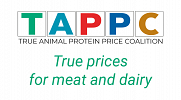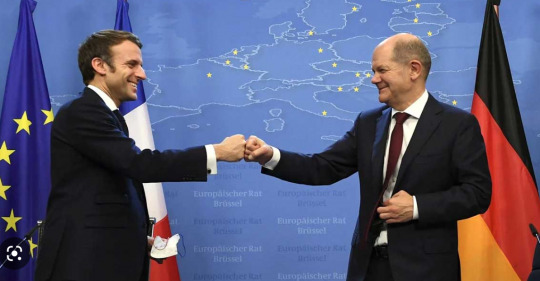French-German declaration and EU Parliament calling for majority voting in the area of (environmental) taxation
In a joint declaration issued yesterday France and Germany committed to work together to strengthen the EU discussing directions for Treaties reform which included a clear political commitment to advancing EU decision-making capacity in the area of taxation.
The joint declaration states that both countries are open to the long-term project of EU Treaties reform and that, in the shorter term, they wish to overcome deadlocks in the Council by switching to qualified majority voting on taxation and foreign policy:
“For the short term, we need to widen the fields where qualified majority voting applies in the Council to overcome the deadlocks that have been observed, such as on certain areas of Common Foreign and Security Policy and taxation. To this end, we advocate the use of the respective passerelle clauses and constructive abstention as possible ways forward within the framework of the existing treaties. Occasionally, enhanced cooperation might be a useful instrument, while not undermining the European Union’s achievements and being open to all Member States.”
While this declaration has not immediate effect, it is a significant political commitment which, if implemented, could be of great significance for environmental taxation at EU level allowing to overcome the blockage of the unanimity requirements for EU decisions in the area of taxation. Environmental taxation also includes taxes on food products with high carbon footprints like meat or dairy and VAT-reforms. TAPP Coalition proposed EU tax reforms to increase prices on meat and dairy and reduce the VAT rate for vegetables, fruits and plantbased meat/dairy to 0%.
‘Passerelle’ clauses are a mechanism for introducing Treaty change of a very specific nature. They modify the decision-making rules that affect acts of the Council, by allowing a shift from unanimity to qualified majority voting. They could allow, for example, to make progress on a coordinated approach to environmental fiscal reform across the EU (see this study from the European Parliamentary Research Service).
The European Parliament is working on an own-initiative report on the implementation of "passerelle" clauses in the EU Treaties.
This initiative is led by the Committee on Constitutional Affairs (AFCO) and the rapporteur is MEP Giuliano Pisapia (Italy, S&D). The report should focus on the circumstances for the use of these clauses calling on the EU to deploy them to advance joint action, including with reference to taxation.
See below the expected timeline:
- 28 February: presentation of studies and draft report in AFCO
- 15 March: deadline for amendments
- 24/25 May: vote in AFCO
- July: vote in EP Plenary
Own-initiative reports are non-binding acts which call on the Commission or Council to act on an issue that the MEPs feel requires new EU legislation and are a useful indicator of the Parliament’s priorities. Should the European Parliament vote in favour of the own-initiative report, this is sent to the Commission that is obliged to let Parliament know whether it will or will not submit a legislative proposal.


